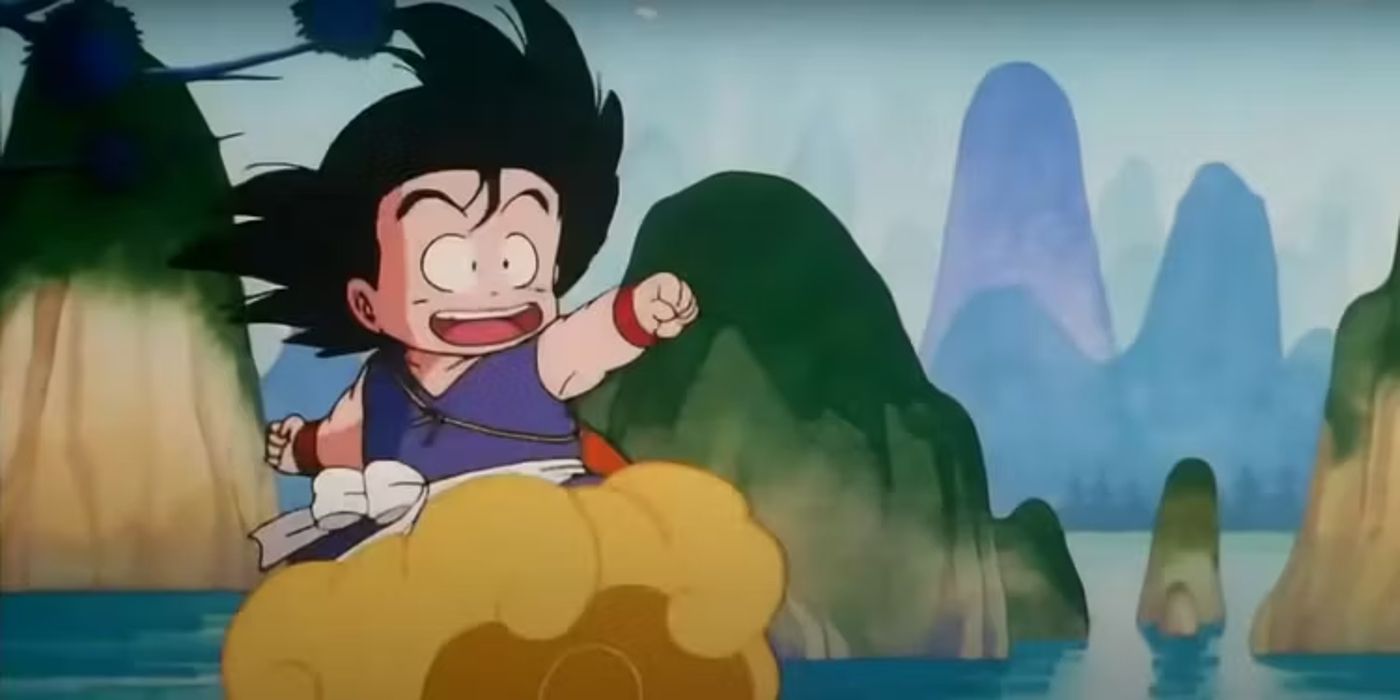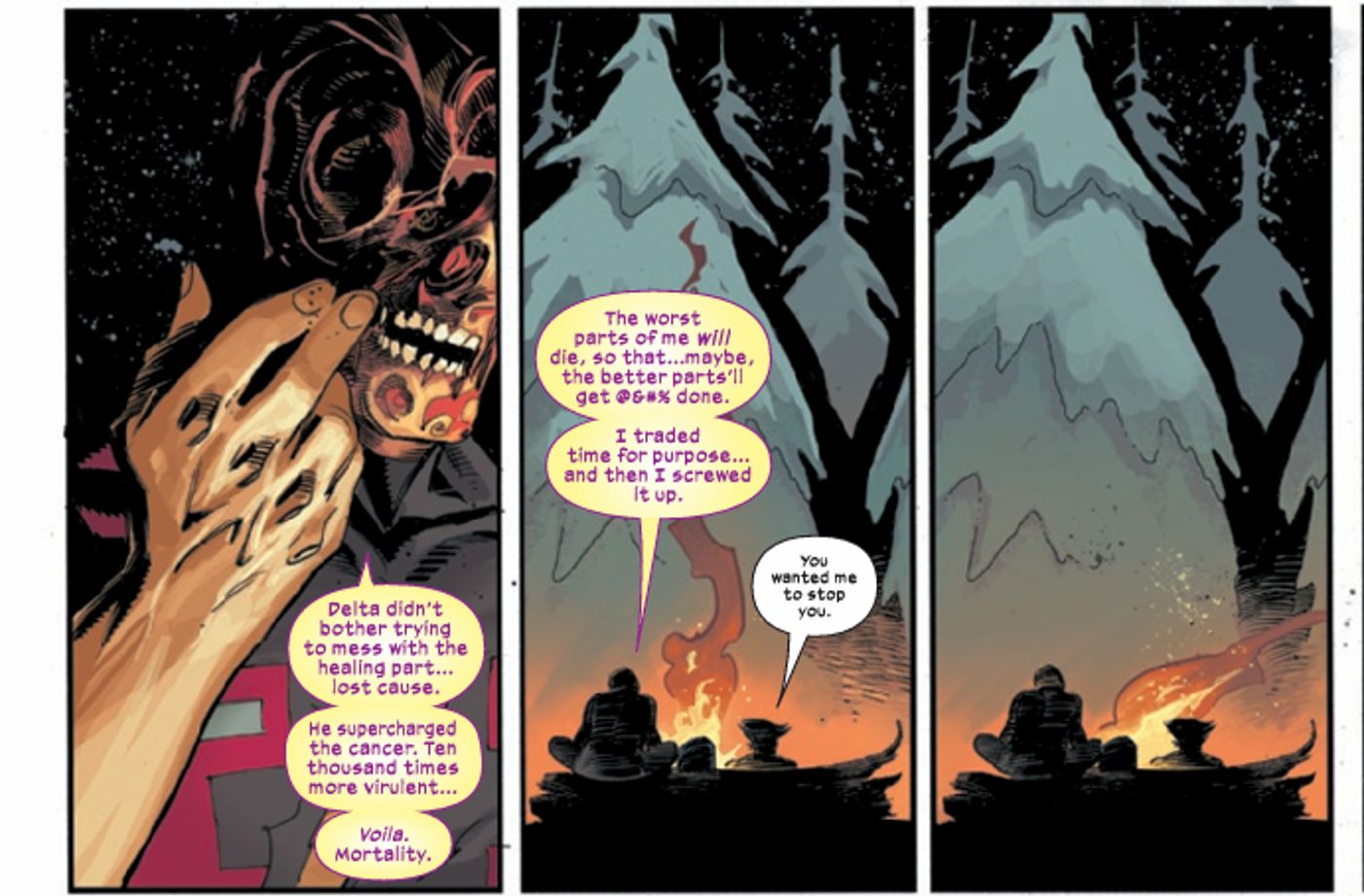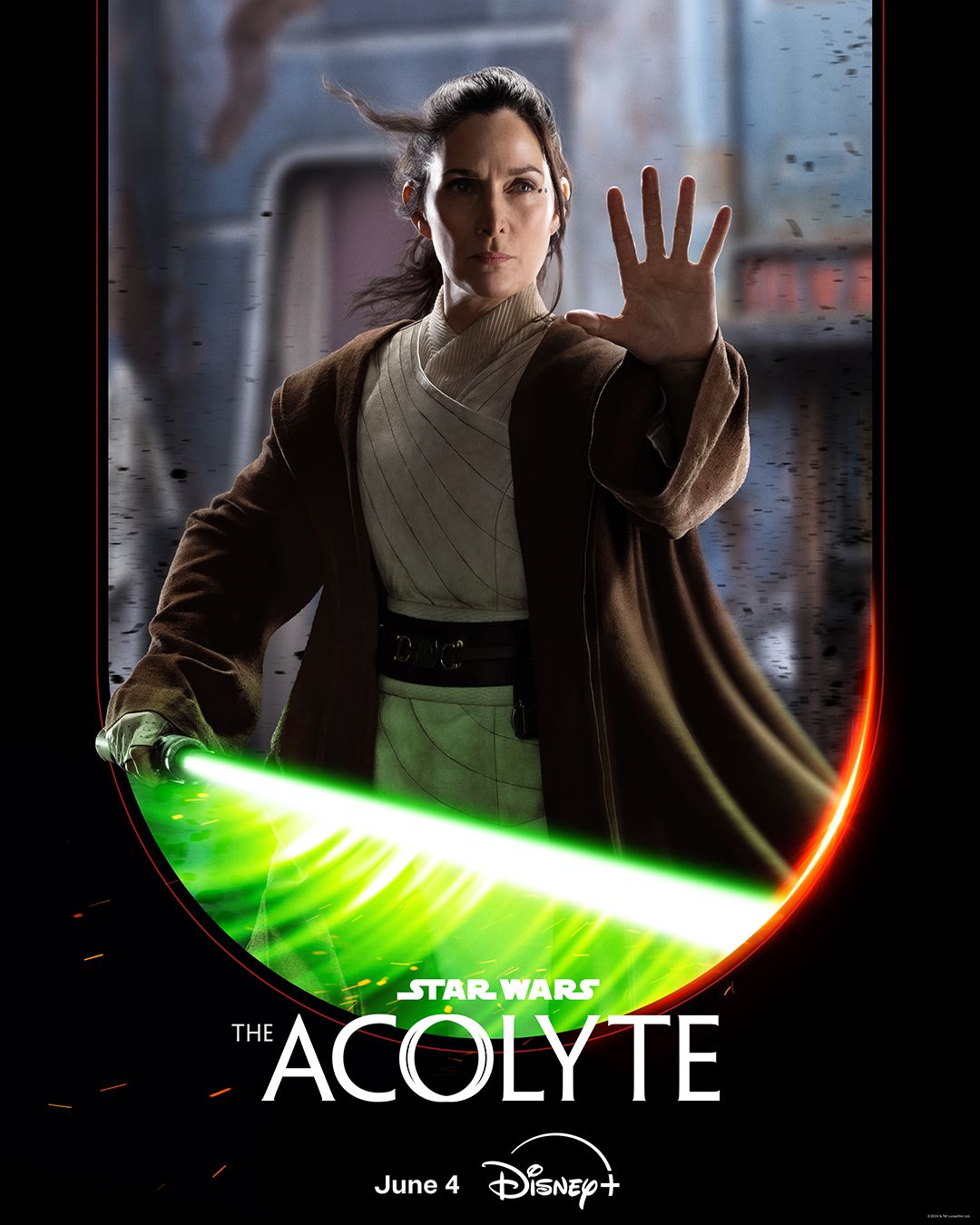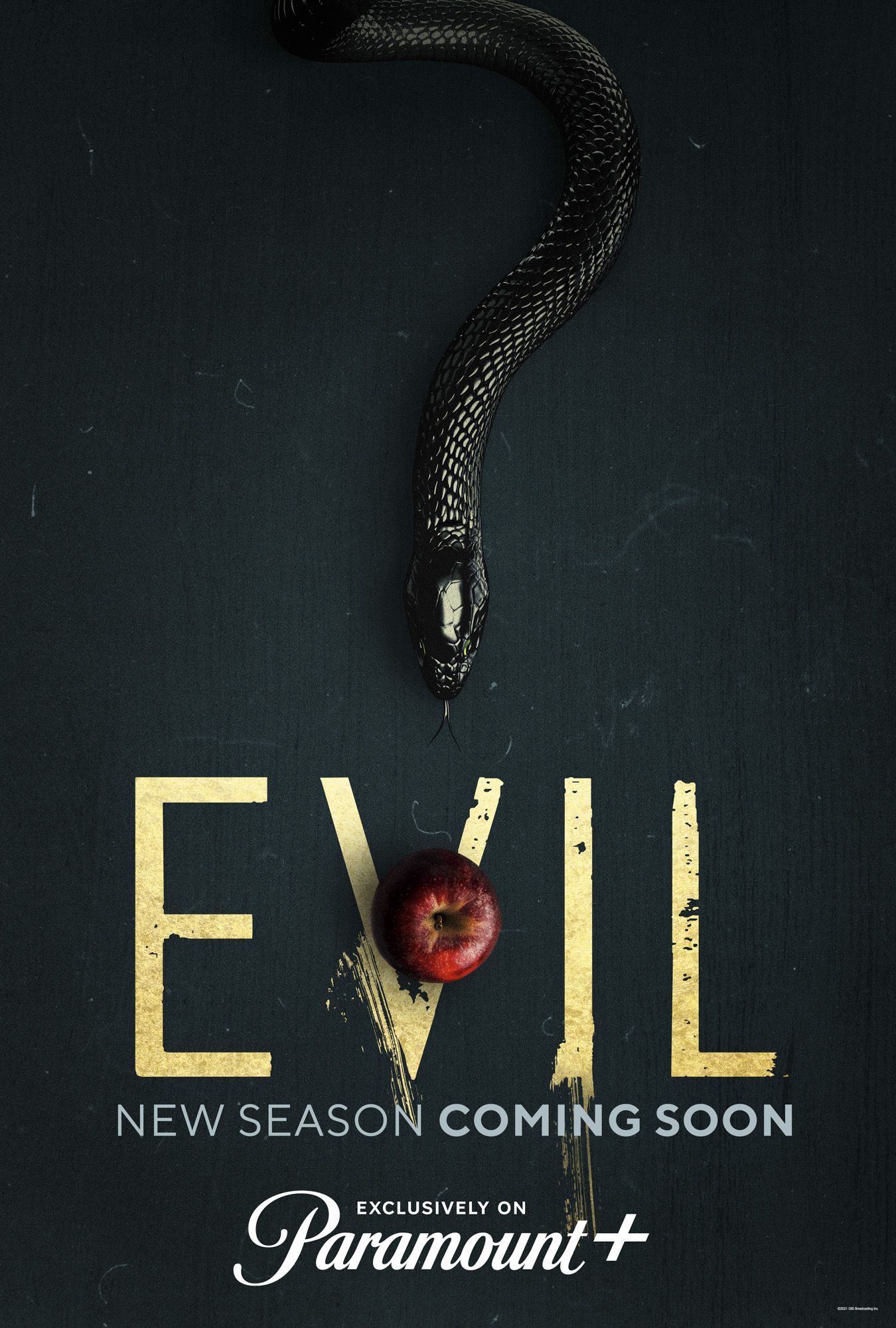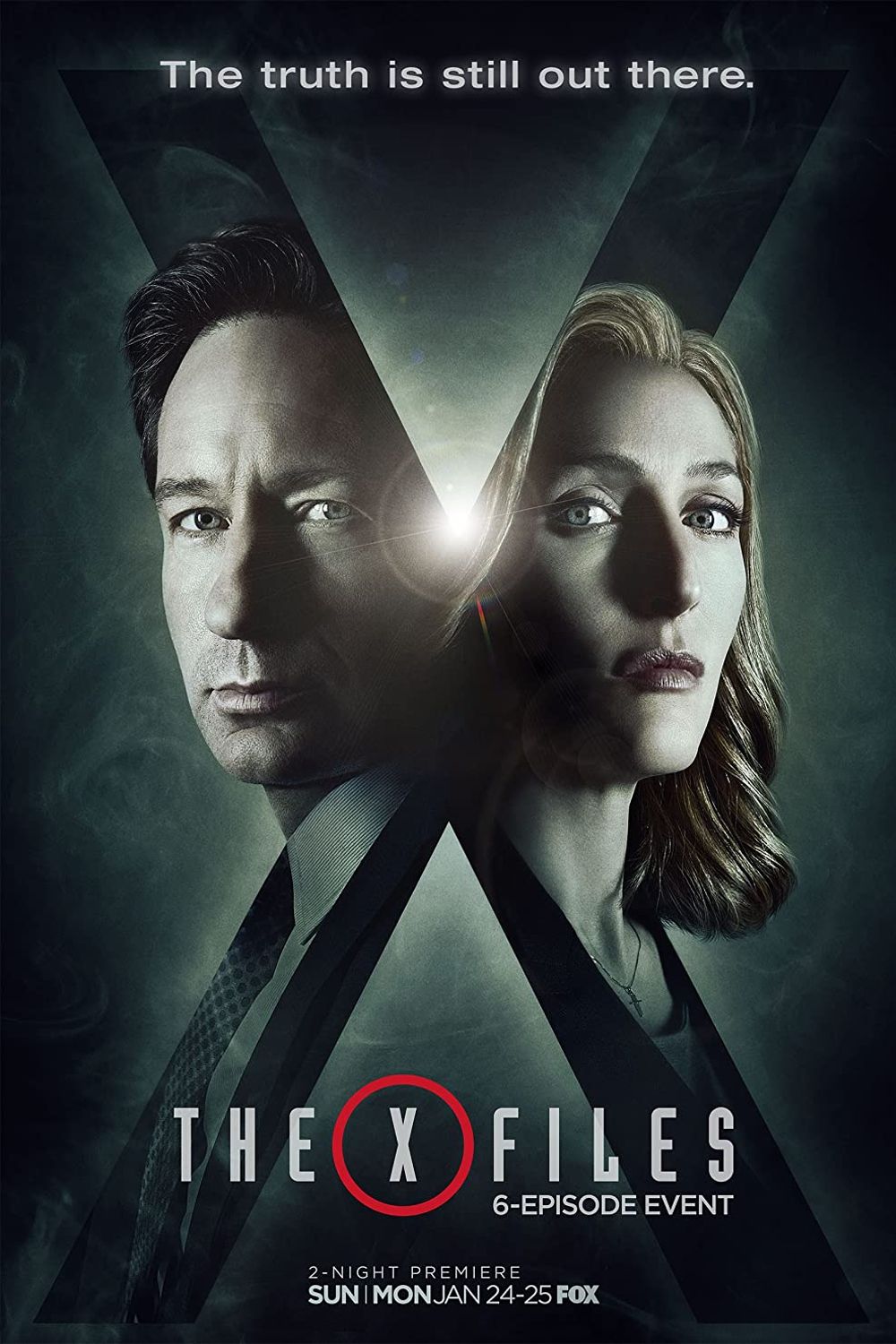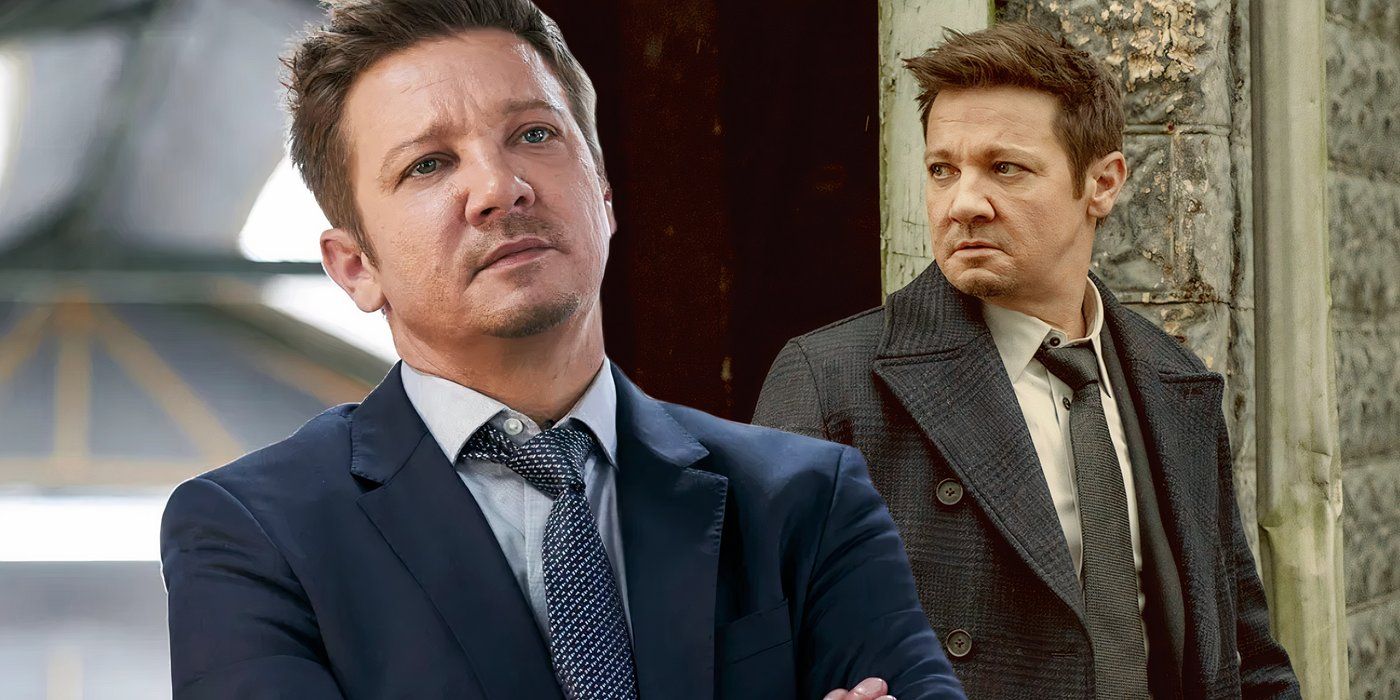In 2016, Michael Bay directed the biographical action film 13 Hours: The Secret Soldiers of Benghazi, which tells the true story of a terrorist attack on the US Ambassador to Libya, and the six soldiers that fought back against the militants. The film stars John Krasinski, James Badge Dale, Max Martini, Dominic Fumusa, Pablo Schreiber, and David Denman. Overall, 13 Hours made $69.4 million at the box office. Though reviews were somewhat mixed, 13 Hours was praised for its fact-based depiction of the real-life event, and furthermore, earned compliments for avoiding the romanticization of war and instead portraying it as realistically dark and difficult.
The Michael Bay movie 13 Hours: The Secret Soldiers of Benghazi follows US Navy SEAL Jack Silva as he first arrives in Benghazi, Libya. He joins the GRS, or Global Response Staff, a group of soldiers working at a CIA base called the Annex. The GRS team scouts out the Special Mission where US Ambassador Chris Stevens will be staying. They warn the buildings’ guards that the threat of attack is high. Then, on the eleventh anniversary of the September 11th attacks, the Special Mission is attacked by members of the Ansar al-Sharia, and Silva and his team must do what they can to protect the ambassador and the Annex.
The Benghazi Attack In 2012 Explained
Though 13 Hours: The Secret Soldiers of Benghazi is a fictionalized account, the 2012 attack on two United States facilities in Libya did actually happen. On the night of September 11, 2012, members of the Libyan terrorist group Ansar al-Sharia launched an attack on an American diplomatic compound where the US Ambassador J. Chris Stevens was residing. Early the next morning, the group then went on to complete a mortar attack against a CIA annex that lay about a mile away from the first site of attack. At first, the attack was thought to be spontaneous, inspired by a recent protest, but further investigations found that it was premeditated.
The Benghazi attack was carried out by Ansar al-Sharia, an Islamic terrorism group based in Libya. There was no evidence that al-Qaeda or other terrorist groups were involved in the attack. Furthermore, despite accusations, the Obama administration was proven to have made no mistakes or done anything wrong to incite or worsen the attack. Two suspects have been captured in the years since. Ahmed Abu Kattala is the leader of Ansar al-Sharia and was captured in 2014, while Mustafa al-Imam, another suspect in the case, was captured in 2017. The Libyan government condemned the 2012 Benghazi attack, and a protest of 30,000 Libyans rallied against Ansar al-Sharia.
Who Was Killed During The 2012 Benghazi Attack
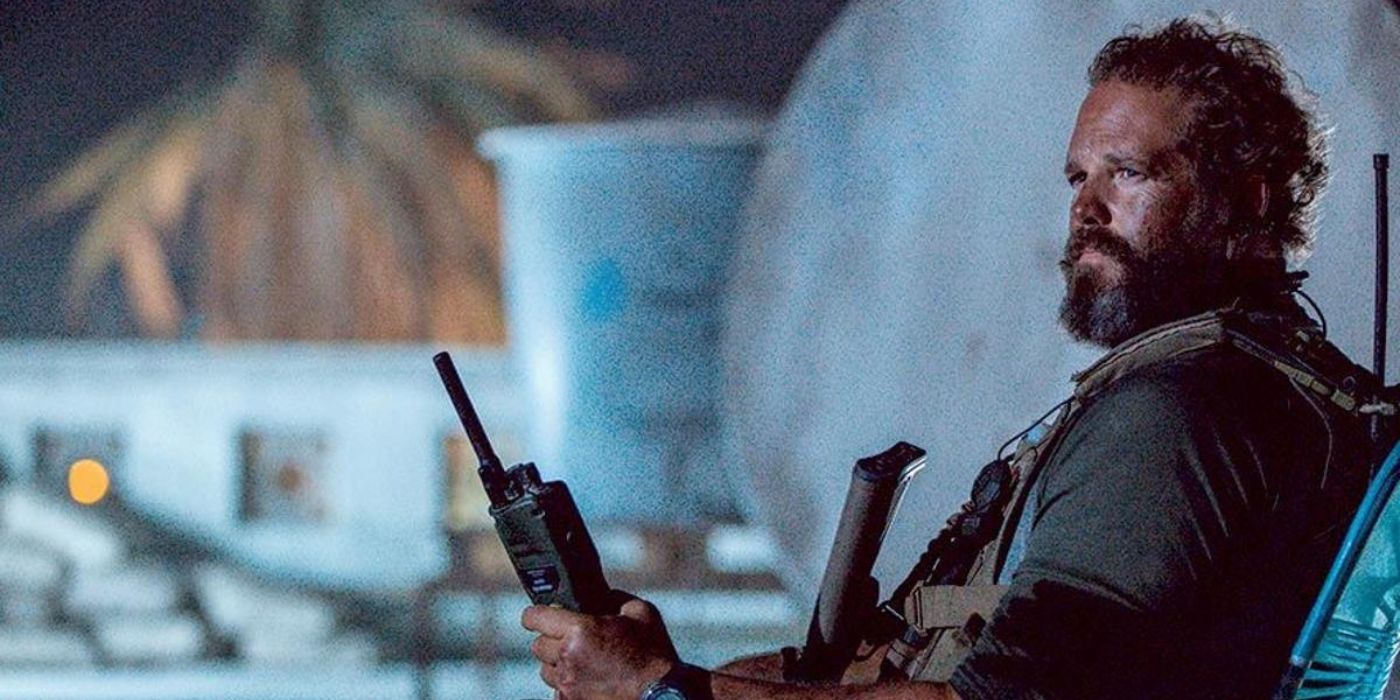
There were four American citizens killed during the 2012 Benghazi attack. During the first phase of the attack, when the terrorists stormed the American diplomatic compound, two Americans were killed: US Ambassador J. Chris Stevens and Information Officer Sean Smith. Stevens served as the US Ambassador to Libya from May 2012 until his death in September 2012. He was the first US Ambassador to be killed in an attack in over 30 years, with the last being Adolph Dubs in 1979. Meanwhile, Smith had orders to protect Stevens, and was posthumously awarded the U.S. Department of State’s Thomas Jefferson Star for Foreign Service.
The other two Americans killed in the 2012 Benghazi attack were CIA operatives and former Navy SEALs, Tyrone Woods and Glen Doherty. The men were killed during the final half of the Ansar al-Sharia attack, when the terrorists began ambushing the CIA annex. Woods served in the US Navy for 21 years before becoming a CIA operative. In 2005, he was awarded the Bronze Star Medal with Combat “V” for valor. Doherty served in the US Navy for ten years before joining a security company wherein he played a pivotal role in saving Americans like PFC Jessica Lynch and Captain Richard Phillips.
What Happened To The Real GRS Team During The Benghazi Attack
 Jack Silva
Jack Silva
Firstly, John Krasinski’s role in 13 Hours: The Secret Soldiers of Benghazi was Jack Silva. Though Silva is a real person who did protect the CIA annex during the 2012 Benghazi attack, the name John Silva is an alias. Unlike the other members of the GRS team, “Silva” wanted to keep his identity private. In turn, he declined doing any sort of publicity for the 13 Hours. Despite this, Krasinski did meet with “Silva” while making the film to ensure that his story was told properly. Though not much is known about “Silva,” it can be assumed that he is still alive today.
Tyrone Woods
Tyrone Woods was portrayed by James Badge Dale in 13 Hours. Both the fictional Woods and the real Woods were killed during the 2012 Benghazi attack. At the time of the event, Woods was a part of the GRS team that attempted to rescue US Ambassador J. Chris Stevens when the militants ambushed the diplomatic site. Later, Woods also helped protect the CIA annex from attack. Ultimately, while standing on the roof of the building, Woods’ position was struck by a mortar round and he was fatally wounded.
Mark “Oz” Geist
Mark Geist, also known as Oz, was another member of the GRS team during the 2012 Benghazi attacks. He attempted to protect US Ambassador J. Chris Stevens, and early the next morning, stood against the Ansar al-Sharia at the CIA annex. Geist survived the attack, but did sustain some injuries such as broken bones due to shrapnel. Geist was played by Max Martini in 13 Hours.
John “Tig” Tiegen
John Tiegen, or Tig, served with the GRS team at the time of the 2012 Benghazi attacks. Tiegen accompanied the GRS team to the diplomatic site where US Ambassador J. Chris Stevens was facing an attack and aided in protecting the CIA annex later the next day. Tiegen was formerly a US Marine. He is portrayed by Dominic Fumusa in the film.
Kris “Tanto” Paronto
Kris Paronto, otherwise known as Tanto, was the fifth member of the CIA’s GRS team. Like his colleagues, he assisted in trying to rescue US Ambassador J. Chris Stevens and protecting the CIA from the 2012 Benghazi attack. After the attack, Paronto served in Yemen for about a year before leaving the CIA. Soon after, Paronto became an author and public speaker. Pablo Schrieber played Paronoto in 13 Houts.
Dave “Boon” Benton
The final member of the GRS team during the 2012 Benghazi attack was Dave “Boon” Benton. He was a part of the rescue attempt to save US Ambassador J. Chris Stevens, and additionally, helped guard the CIA annex against the Ansar al-Sharia militants. Benton is a former US Marine Scout Sniper. He was played by David Denman.
What Happened In Libya After The Benghazi Attacks
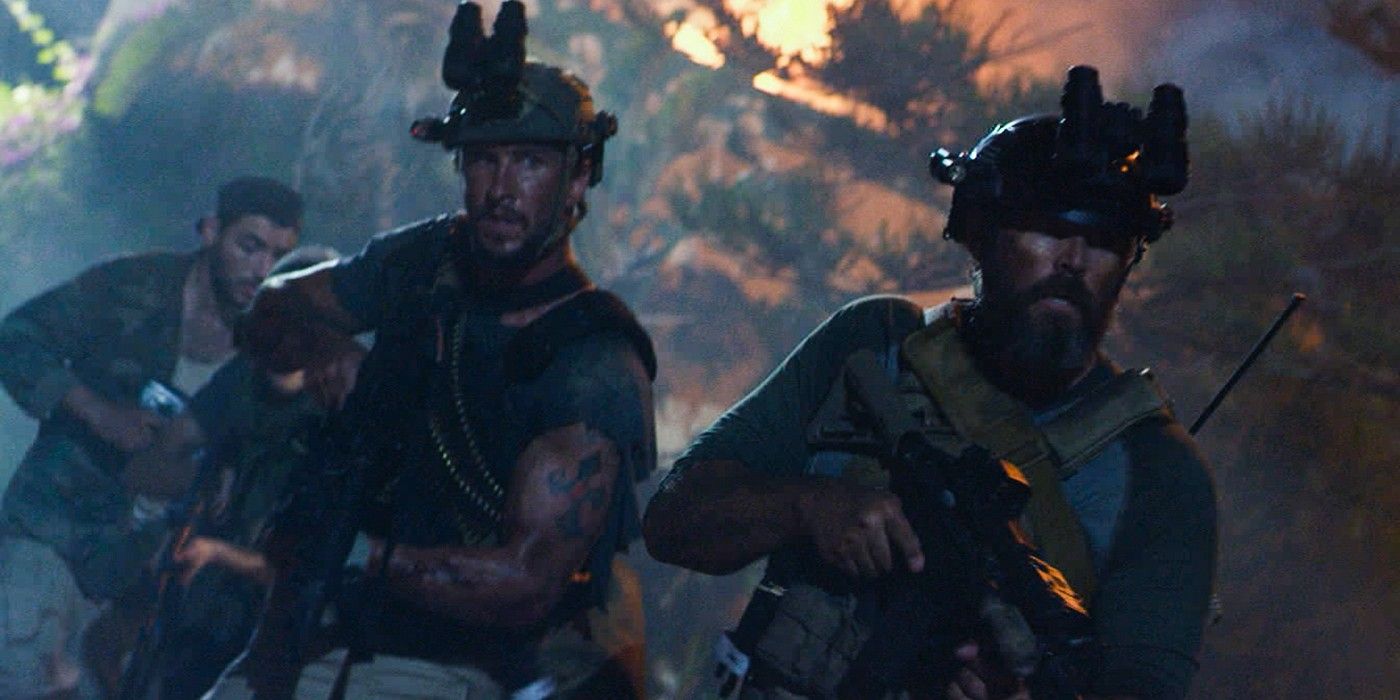
After Ansar al-Sharia attacked US Ambassador J. Chris Stevens and the CIA annex in Libya, Libyan officials outwardly condemned the terrorist organization and apologized for what occurred. Libyan Prime Minister Mustafa Abushagur put out a statement reading, “we reject and strongly condemn the use of force to terrorize innocent people and the killing of innocent people.” Furthermore, several demonstrations were held in Benghazi and Tripoli the day after the attack. Libyans showed their support for the United States and US Ambassador Chris Stevens, both in-person and on social media.
Ultimately, Libya’s response to the Benghazi attacks brought Libya and the United States closer to together. While the countries already had a strong relationship, as evidenced by US Ambassador Chris Stevens entering the country despite the dangers, this event strengthened the bond even further. When Libya supported the United States after the attack, the United States reciprocated this support, maintaining a good relationship with the country. Ultimately, Libya also helped investigate the incident, and came to the conclusion that the attack had been premeditated.
Why The US’s Response To The Benghazi Attacks Was So Controversial
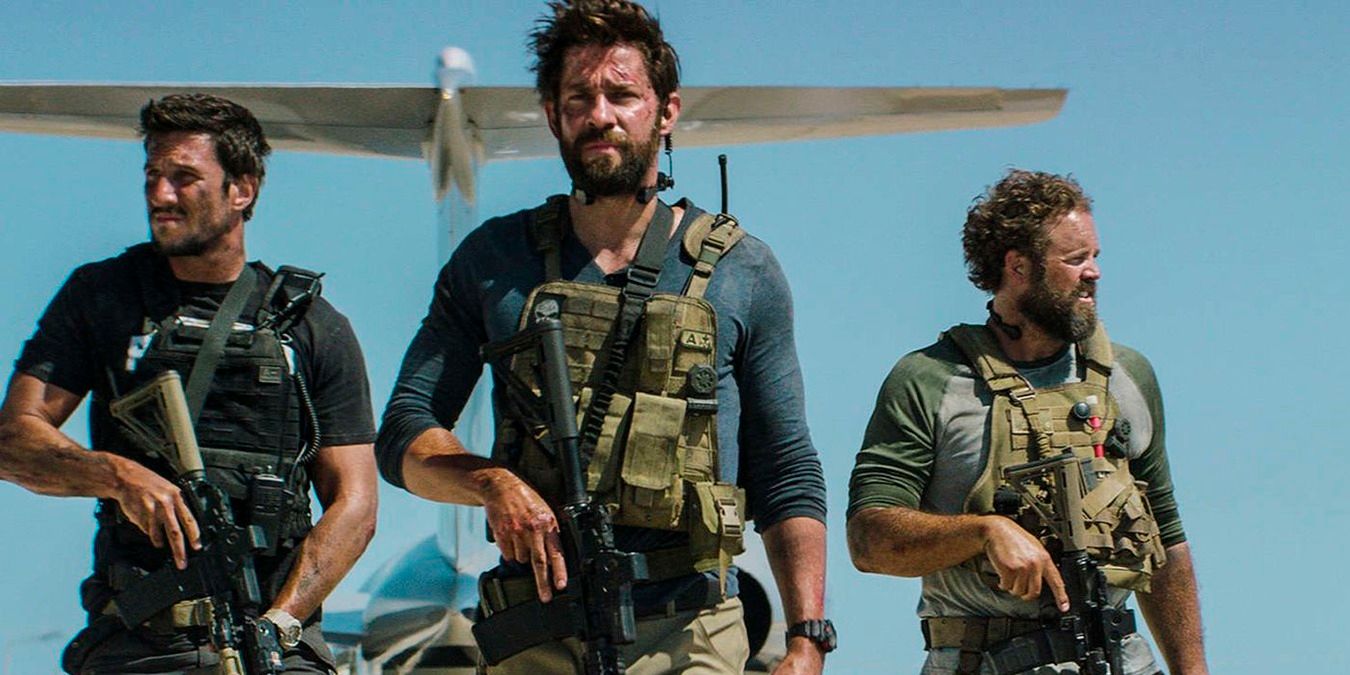
While the 2012 Benghazi attack was a distressing and tragic event, the aftermath was no better, as the US government began to criticize the Obama administration for its handling of the attack. Many members of the government claimed that the Obama administration misled the country by not confirming how or why the attack happened. There was also criticism that Libyan officials told the US government that there would be greater security risks for Americans, yet the US did not leave the country. Overall, the Benghazi attack had a long-lasting impact on the United States, which explains why 13 Hours: The Secret Soldiers of Benghazi was made.
